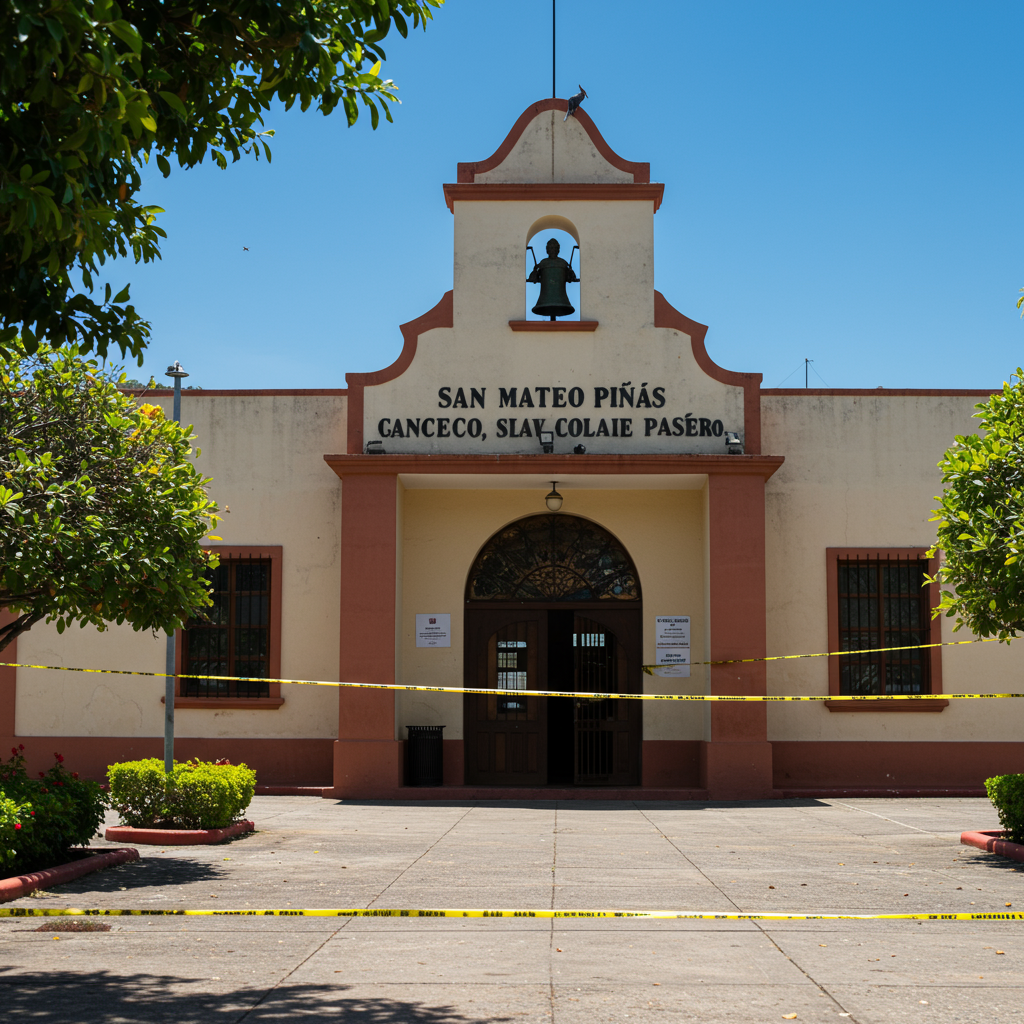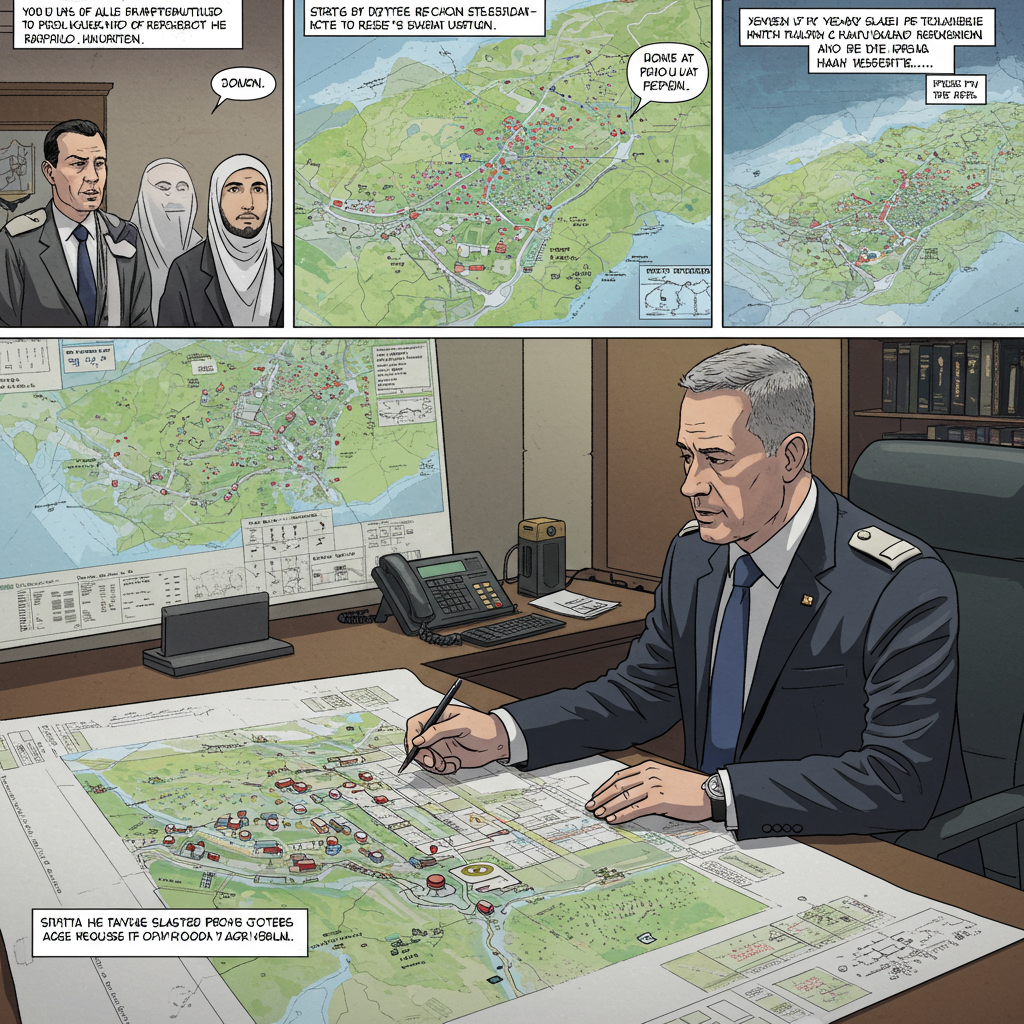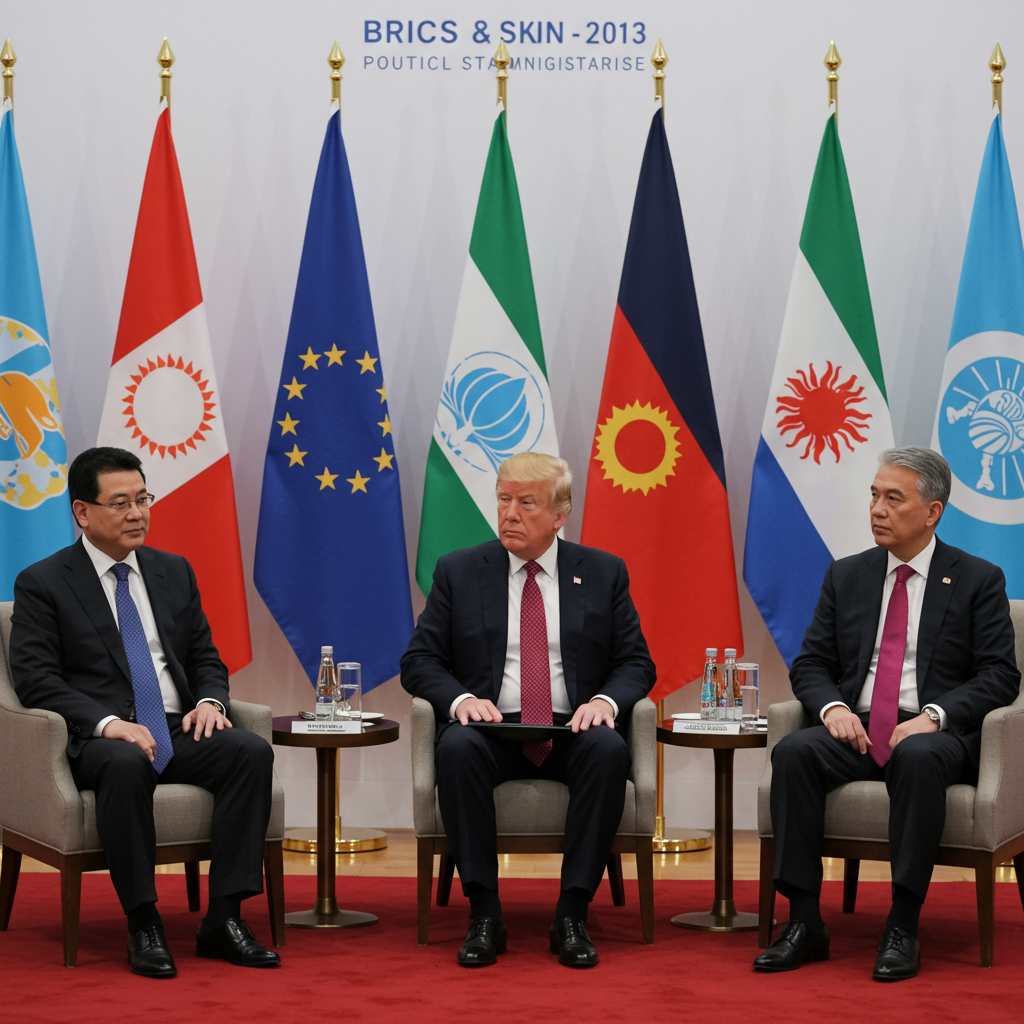Gaza Crisis: ‘Worse Than Hell,’ Humanity Failing, Warns Red Cross Chief
The humanitarian catastrophe in Gaza has deteriorated beyond imagination, according to the head of the International Committee of the Red Cross (ICRC), Mirjana Spoljaric. In a stark interview with the BBC, Spoljaric declared the situation has become “worse” than the “hell on earth” she had previously described, asserting that “humanity is failing” as the world witnesses the unfolding horrors.
Speaking from the ICRC’s headquarters in Geneva, Spoljaric conveyed the immense scale of suffering and destruction, stating it surpasses “any acceptable, legal, moral, and humane standard.” She emphasized that the people of Gaza are being “entirely stripped of human dignity,” a reality she believes should profoundly shock the global collective conscience.
Upholding International Law Amidst Conflict
As the president of the ICRC, the guardian of the Geneva Conventions – the international humanitarian laws designed to protect civilians in times of war – Spoljaric’s words carry significant moral and legal weight. She stressed the non-negotiable principle that all parties to any conflict must adhere to these rules.
Spoljaric firmly stated that the actions of Hamas on October 7th, 2023, while resulting in horrific casualties and the taking of over 250 hostages, do not justify the extensive destruction and immense death toll in Gaza, which local health ministry figures now place at over 54,000 people killed. While acknowledging a state’s right to self-defense, she unequivocally affirmed, “Neither party is allowed to break the rules, no matter what.” She underscored that the protections enshrined in the Geneva Conventions apply equally to every human being, including a child in Gaza and a child in Israel. Depriving children of food, health, and security has “no excuse.”
Life Stripped Bare: Destruction, Displacement, and Famine
The reality on the ground in Gaza is one of widespread devastation. Over 90% of housing units have reportedly been destroyed or damaged, forcing approximately 90% of the Palestinian population into displacement. The entire population faces a critical risk of famine, struggling daily for basic necessities. Families, like a father from Beit Lahia unable to find food for his children, embody the profound despair. Residents describe a pervasive sense of insecurity, stating “no safe place” exists and people are “dying of hunger every day,” with children tragically appearing like “skeletons.”
Aid Distribution Crisis: A Dangerous Gauntlet
Adding to the crisis is the perilous situation surrounding aid distribution. Spoljaric criticized the new aid system supported by Israel and the US-backed Gaza Humanitarian Foundation (GHF), in which neither the ICRC nor the UN are participating. She described it as fundamentally flawed, dangerously funneling tens of thousands of desperate, starving civilians through active war zones.
Recent events at aid sites have resulted in tragic violence. Following incidents where dozens died, distribution centers operated by the GHF were temporarily closed, and the Israel Defense Forces (IDF) designated access routes as “combat zones,” warning Gazans away. Humanitarian agencies have strongly criticized the GHF strategy, viewing it as putting lives at extreme risk and potentially “weaponising” aid.
Overwhelmed Hospitals and Unsafe Conditions
The dangers faced by civilians are tragically evident at medical facilities. The ICRC’s surgical hospital in Rafah, located near the GHF zone, has been repeatedly overwhelmed by casualties. Staff are working exhausting 20-hour days, pushed beyond human capabilities, often in critically short supply of resources like blood.
In one harrowing incident on a Tuesday morning, the Rafah hospital received 184 patients from a single event near the GHF site in just a few hours – the highest number from one incident since the hospital was established over a year ago. Nineteen people were dead on arrival, and eight more died shortly after. Palestinian witnesses and ICRC medics reported scenes of “total carnage,” alleging Israeli troops opened fire on Palestinians converging on the aid site. The Israeli military provided a different account, stating “several suspects” deviated from designated routes, prompting warning fire and shots near advancing individuals, adding they were investigating. This followed a similar incident on a Sunday. The pervasive danger is such that even a young boy was reportedly hit by a bullet inside the ICRC hospital tent while receiving treatment. “Nowhere is safe in Gaza. Nowhere,” stated Spoljaric, emphasizing this applies to civilians, hostages, and even aid workers and medical facilities operating “in the midst of hostilities.”
Erosion of Humanity and Urgent Call to Action
Beyond the immediate suffering, Spoljaric voiced deep concern over rhetoric advocating for “victory at all costs,” “total war,” and “dehumanisation.” Such language and the actions it enables are “hollowing out the very rules that protect the fundamental rights of every human being,” she warned, predicting global repercussions far beyond the region.
Without an immediate ceasefire, Spoljaric fears the permanent destruction of any pathway back to peace, preventing the region from finding safety and security. She issued a forceful plea to state leaders, asserting they are “under an obligation to act” and must use all “peaceful means” to reverse the situation. “We cannot continue watching what is happening,” she urged, warning that inaction “will reverberate, it will haunt them, it would reach their doorsteps.” International figures, including the UN’s head of humanitarian relief, have echoed these concerns, condemning the violence against civilians seeking food and calling for independent investigations into the deaths near aid sites. The call is clear: it is not too late to act and save lives now.
References
- https://www.bbc.com/news/articles/cvgq0gy82wjo
- https://www.bbc.co.uk/news/articles/cvgq0gy82wjo
- https://www.bbc.com/news/live/cvg5vyp33j1t
- https://www.commondreams.org/news/humanitarian-situation-gaza




